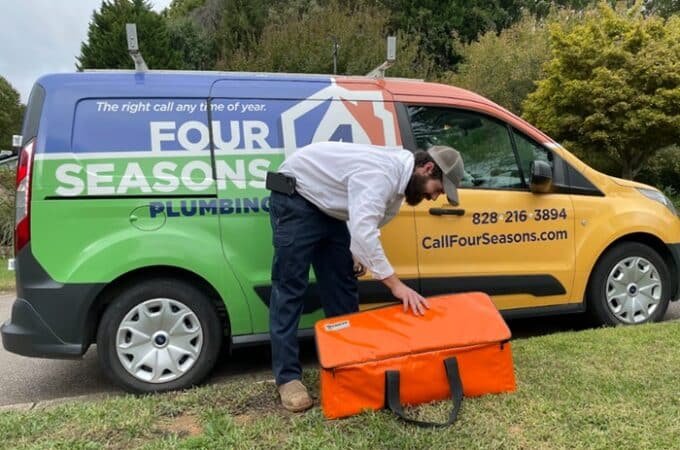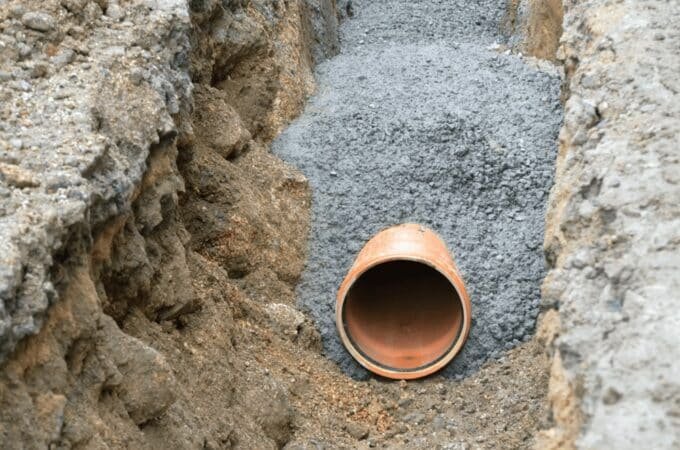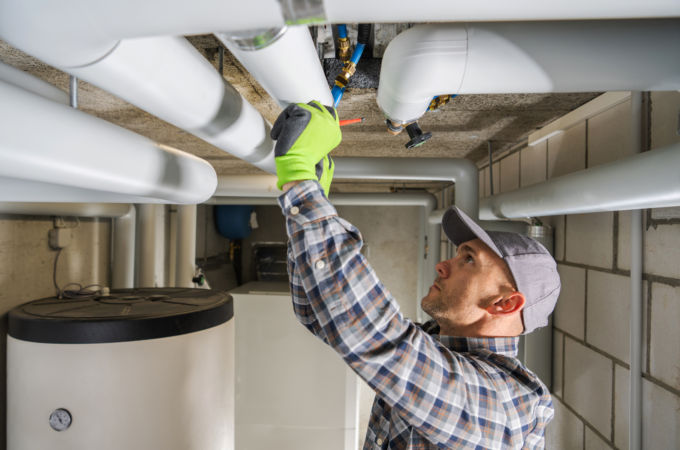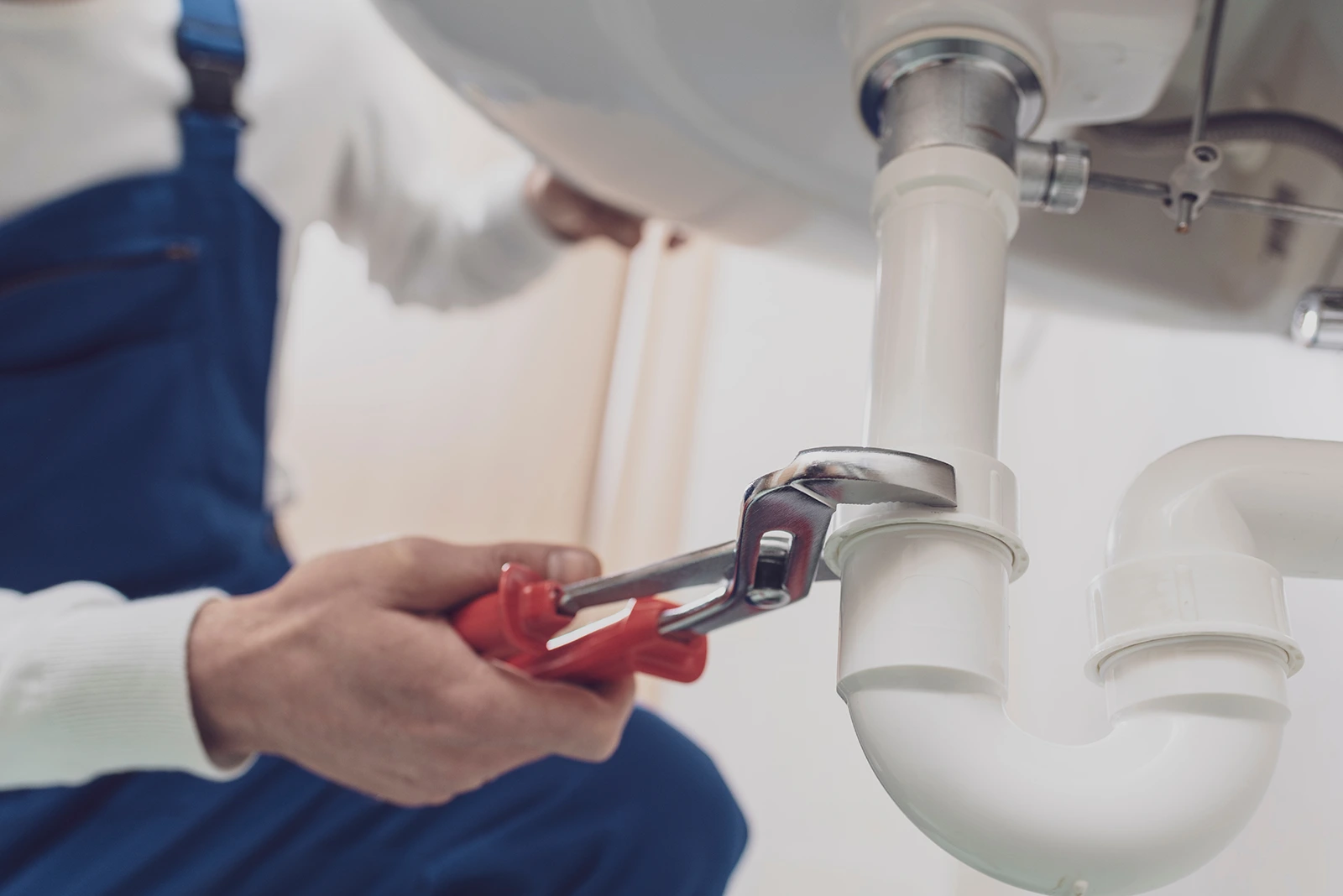
How to Become a Plumber
Oftentimes, when the media personifies the epitome of the “American Dream,” it projects the image of the super slick power broker. Big business is the religion and Wall Street is its temple. Contrary to popular belief, not everyone’s idea of “the dream” begins and ends with them sitting behind an oak desk in their own corner office. For those who like to work with their hands and solve problems, their calling is different and just as necessary to this country as the power brokers.
As long as there is running water in this country, plumbers can look forward to having a long and busy career. It is the perfect career to put your problem-solving skills and active hands and mind to good use. Plumbers provide a service that many are not adept at or willing to do for themselves. It is a good paying career field that leads to entrepreneurship for many. Continue reading to see what it takes to become a plumber.
Build your foundation
Education opens doors no matter what field of interest you go into. You have to be 18 years of age to become a plumber and you’ll also need a high school diploma or GED. Plumbing requires a pretty good understanding of multiplication, geometry, and algebra. That’s right! Accountants and computer programmers aren’t the only ones who need to be good with numbers.
Computers are the wave of the future–you’ve heard that before, right? It’s true for you future plumbers out there, as well. You don’t have to become a master coder or anything like that, but you will need basic computer skills. Plumbers not only fixleaky and busted pipes, but they install plumbing in houses as they’re being constructed. The pros use computer-aided design programs to come up with their piping blueprints, and you will too!
Get the right training
One of the best things about becoming a plumber is that you will not have to waste time remembering irrelevant facts. You won’t be asked to read and complete reports on books that have nothing to do with your chosen career field. After all, what can Socrates teach you about trenchless sewer line repair? As a plumber, everything that you learn in your training will help you in the field. In fact, much of your learning will be done in the field–or at least hands on.
One route to getting the education that you need is to go to a trade school. You will get your in-class hours and the hands-on training that you need to become a certified journeyman. Many trade schools offer you continued education courses. Those come in handy in a field where practices and regulations change often as experts learn more about safety and efficiency.
Another great way to gain the skills necessary to become a plumber is through apprenticeships. With apprenticeship programs, you get to learn alongside a certified journeyman or master plumber. One of the great things about apprenticeships is that you get hands-on training in the field! You will get to see real on-site problems and witness an experienced pro troubleshoot, solve, and fix plumbing complications.
The best thing about apprenticeships is that they are also paying jobs. You get to earn while you learn. You will spend time in the classroom, but you won’t know anything about the broke student experience that so many college grads eulogize.
Continue your education
No matter what career field you enter, continuing your education will increase your potential for growth. Industry practices and requirements change, and once you’re a certified journeyman or master plumber, you have to keep up with these. As you learn new skills and practices, keep yourself sharp with online learning self-assessment tests and quizzes. As long as you stay prepared, then you never have to get prepared.
If you love to solve problems and work with your hands then don’t overlook plumbing as a possible career. You can earn a great living in a field that will always be in demand.





